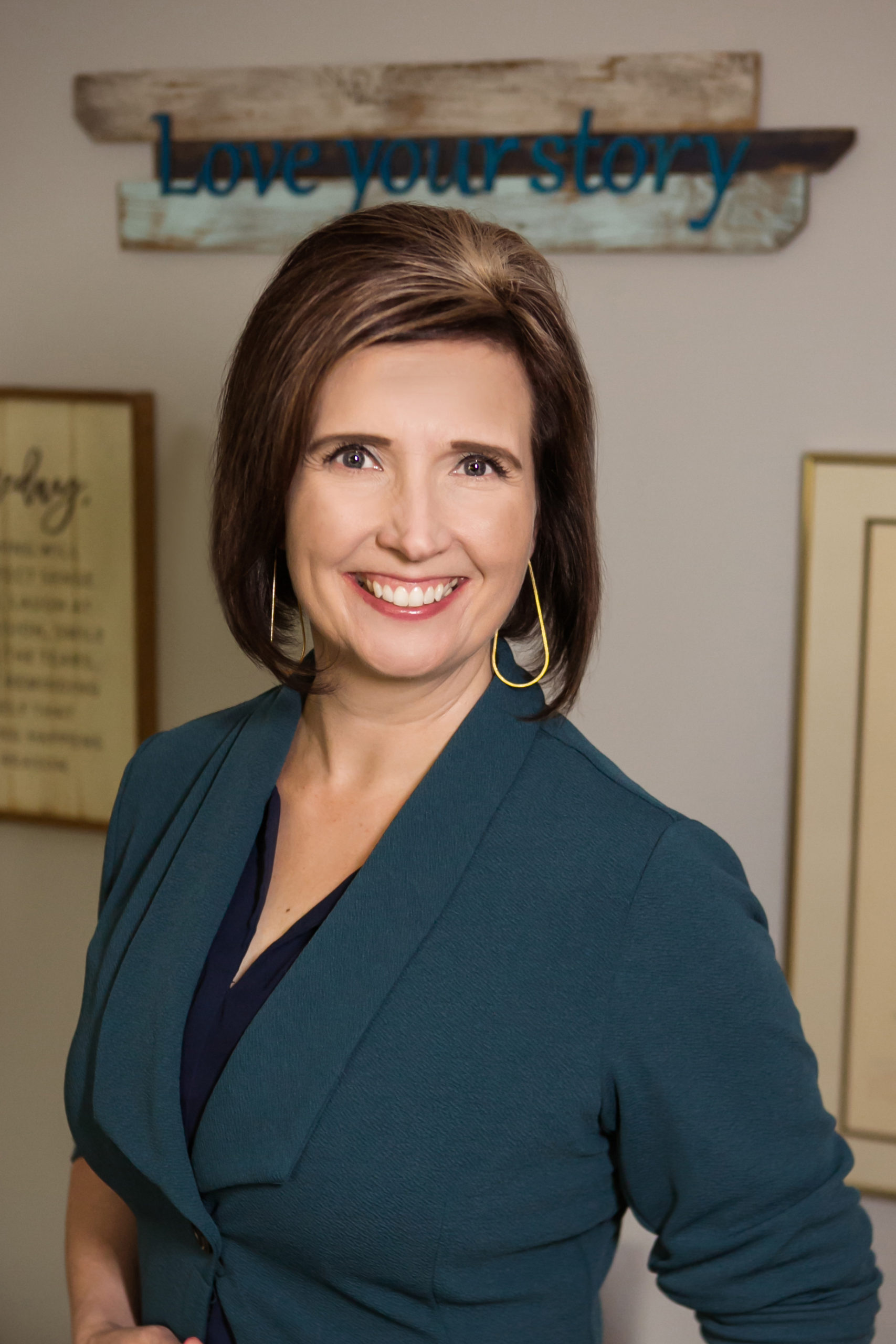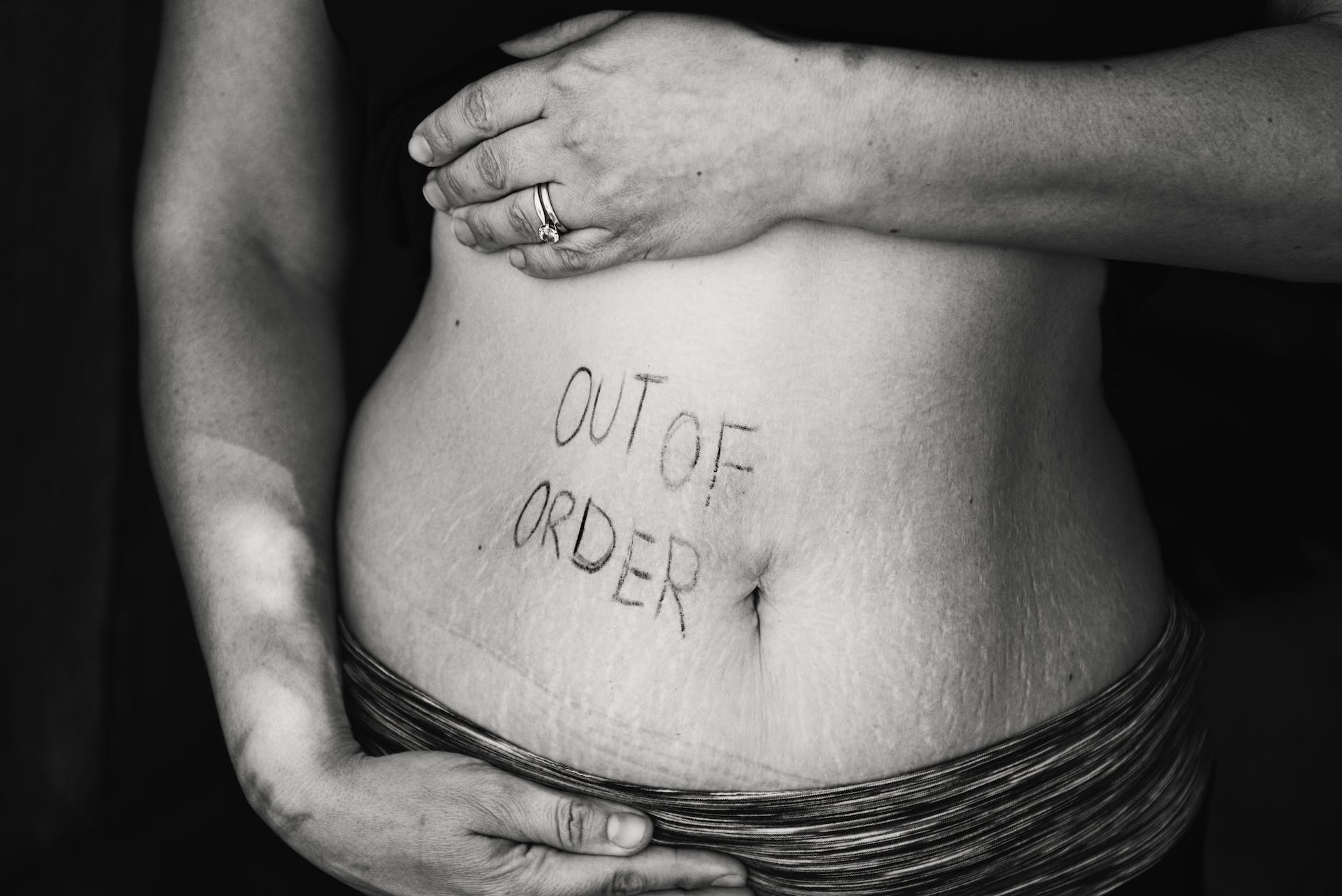Our bodies can be the part of us that we are most difficult towards and which we most struggle to care for appropriately. This is sometimes a direct correlate to what our life experiences have been. For example, many times the wounds of our youth are buried in our bodies. Maybe you were bullied as a child for what you looked like. Or, maybe you were hard on yourself about your body, because you felt you didn’t muster up to the social programming of what a good body looks like.

Many times the wounds of our youth are buried in our bodies.
The result of this can be that we begin to think our bodies are betraying us. Instead of caring for our bodies, we then become another punisher towards our bodies. What is very unfortunate about this common occurrence, is that we then become divorced from one of our greatest assets in self-care. Our bodies. Dissociation from our bodies is a common experience. This seems odd, I know, since we still “know” we have a body. What I am referring to is the experience of “going away“ in our minds, when things in life are unpleasant or aversive.
Take the example of being bullied as a child. Many times when a child faces bullying day after day at school, they become adept at “going away“ in their minds. Occupying their brains with other activities or thoughts in order to remove themselves from the experience of bullying, even though they cannot remove themselves from being in the classroom. Ultimately what occurs when we dissociate like this, is that our body is left to participate in the experience in real time, while our minds are what get the reprieve. Over the course of our lifetimes we become very adept at “going away“ from our bodies, and more and more dissociated from our body’s experience.

The result of learning to hate our bodies is that we begin to think our bodies are betraying us, when actually it is our social programming and conditioning that is betraying our bodies.
I want you to think about how much time you spent away from your body as a child, as an adolescent, as a young adult, and presently. For many of us, this is a significant amount of time. The more time you spent away from your body in dissociative activities of the mind, the more effortful it will be to do the sacred work of re-associating yourself to your body. I still strongly encourage you to start to re-associate yourself with this comprehensive self-care asset…your body!
Why? Because our bodies contain within in them all the feel good chemicals that get sought out externally. Endorphins are a feel good chemical we can create during physical exertion. Serotonin is produced predominantly in our gut and through good nutrition we can promote better use of this chemical…a chemical which the pharmaceutical industry has capitalized on through the creation of anti-depressants and anti-anxiety medications. Getting together with people we love and care about releases Oxytocin, the same intoxicating substance that we feel when we fall in love or bring a new child into the world. Just think of yourself as a chemistry set waiting to be opened on your birthday, and your body as the items in the box that will help you create new feel good potions for yourself.

Just think of yourself as a chemistry set waiting to be opened on your birthday, and your body as the items in the box that will help you create new feel good potions for yourself.
Be gentle, kind, and careful as you start this work. Being in the present moment can be interpreted as a threat to those of us who have been escaping from our bodies most of our lives. If you experienced even minor trauma, such as bullying in childhood, and learned to escape your body in order to cope…your nervous system will likely interpret any experience of being inside your body as a threat. It may be one of the reasons that mindfulness and meditation exercises have been difficult for you when you have tried to pick them up as a self care habit in the past.
So be kind and patient with yourself as you start to interface differently with your body. Take a look at this vlog to learn more about how to get started.

Dr. Natalie Marr’s counseling and therapy practice offers expert support for individuals seeking healing and growth. Specializing in EMDR and other Trauma therapies, she helps address concerns such as depression, anxiety, and low self-esteem. Her compassionate approach fosters positive transformations, empowering you to overcome challenges and rediscover your worth. Explore a path to emotional well-being with Dr. Natalie Marr’s dedicated counseling services.

Ready to take the first step towards positive change? Schedule a complimentary consultation with Dr. Natalie Marr to discuss how her counseling and therapy services can support you. Book your free 15 minute consultation below and embark on a journey toward emotional well-being. Your transformative path awaits—schedule your consultation now.




